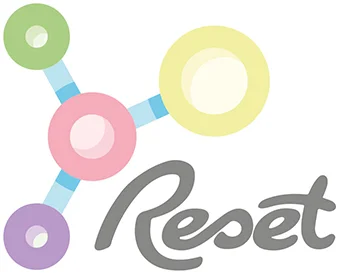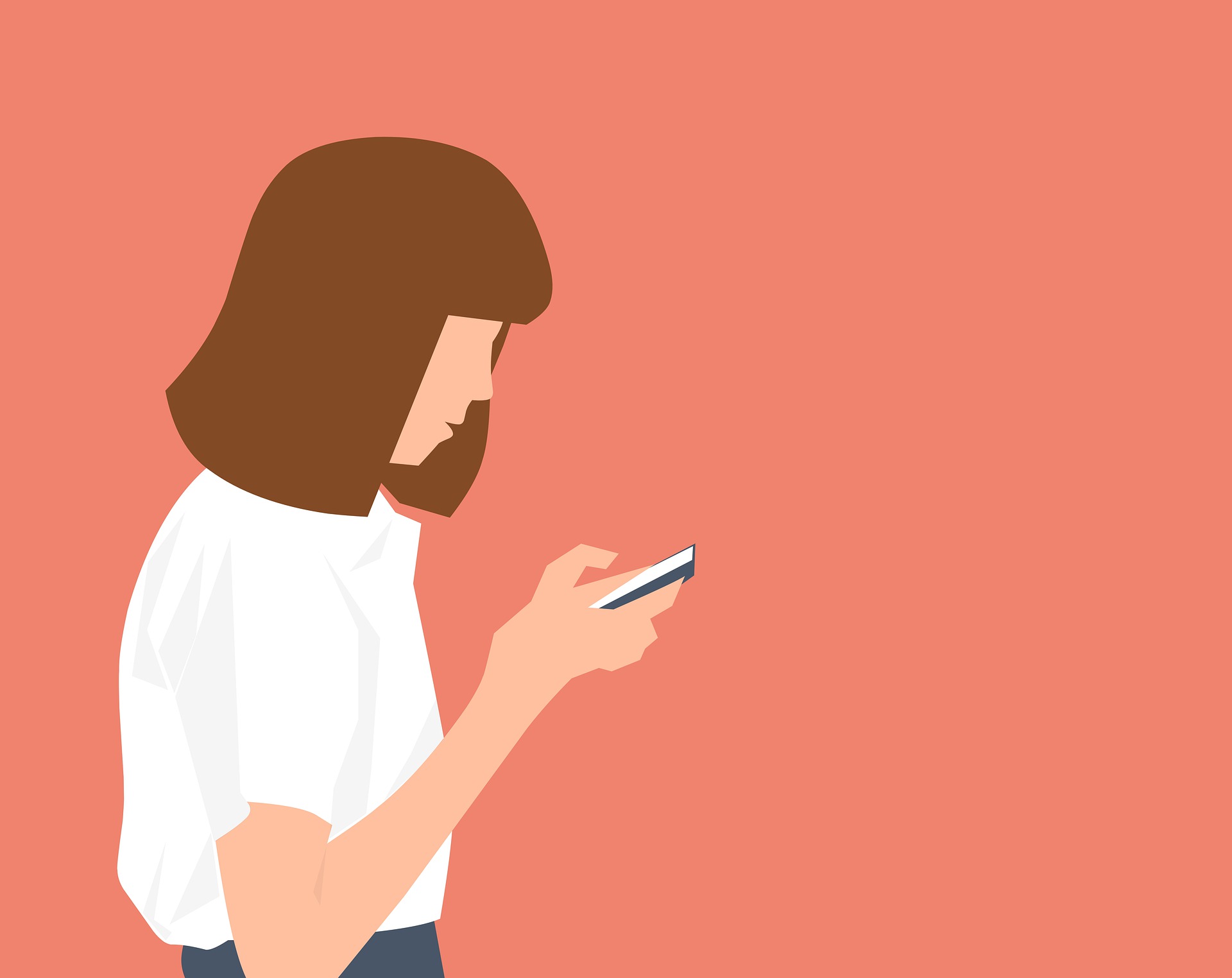This blog will help you to understand how to support someone with anxiety or depression, and to help you feel useful. 1 in 4 of us will suffer with stress and anxiety in any given year, a scary fact when you look around your friends and family and wonder which one of them is the 1 in 4 if it’s not you!
Here at Inspired to Change we often get asked by people how they can best support their partners, children, family, or friends.
Depression and anxiety can be exhausting, confusing and a scary place to be, but watching someone else go through that can often leave us feeling helpless, especially if you’ve never experienced a mental illness yourself.
We all went on that first aid course that showed us what to do if someone broke a leg, or had a heart attack, but no one has showed us how best to help someone when their pain is on the inside.
Just like that first aid course, most of us aren’t trained paramedics – there is only so much we can do to help and support someone who is suffering, but what we can do often makes all the difference to the long-term health of the person we’re helping.
The key is in knowing what is helpful rather than harmful and when to call in the experts.
So first off, let’s do our equivalent of our mental health ABC – let’s check the signs and signals and make sure help is needed. A large majority of those 1 in 4 will be trying hard to cope and not let others see they are struggling (most of us wait up to 10 years to seek the help we need with our mental health!). So here are the little signs to look out for:
Loss of interestin doing things they normally enjoy – this could be anything from not turning up for their sports club, not taking part in their usual hobbies, maybe they’ve stopped being creative or going for walks.
They stop going out– Becoming socially isolated is one of the first signs we see – people stop seeing friends and family and they cancel social events and plans
Being “Down in the Dumps’– people often talk about feeling stuck, lost or hopeless rather than saying “I think I’ve got Depression/Anxiety/Mental Illness”
Over working– High performing or not take time out to rest can often be a missed sign. Watch out for people working longer or unsociable hours, always ‘on the go’ in a hurry or always “too busy”. Just because they are “high functioning” doesn’t mean they aren’t struggling
Changes in behaviour– Slower speech and movements or becoming more fidgety and restless are classic signs someone might be struggling
Low energy– depression and anxiety are exhausting both mentally and physically so watch out for complaining of feeling tired or lacking energy
Changes in eating habits– overeating or loss of appetite and the dramatic weight changes that can go with that are often early signs of problems.
Changes in sleeping habits– Sleeping a lot more than usual or struggling to sleep at all can both be indicators of mental health issues.
Lack of focus– Unable to concentrate on everyday things, such as reading, watching tv or taking part in conversations.
Becoming forgetful– missing appointments, loosing things, or can’t remember recent conversations or events
Being snappy and short tempered– using negative language and being unable to see the positive in situations
Coping with and trying to support someone enduring this type of illness can be difficult at times leaving us feeling a raft of emotions such as frustration, fear, worry, guilt and even anger.
Having the feeling of being unable to help can become complex and challenging especially when our attempts to nurture are often rejected.
It’s in our nature to try and fix things and make people feel better. Humans have strived and thrived because of the ability we must plan and improve. We have invented the car to get us there quicker, the phone to communicate better and of course the amazing development of medicinal science has helped so many people to become well again. So, when our loved one is suffering, we automatically want to understand what they are going through and have all the answers and tools to make them feel better.
So how can we effectively help someone who is suffering and struggling through a mental illness?
Poor mental health isn’t an option where someone chooses to become anxious or depressed, it’s a real and serious illness that requires attention just like breaking an arm or having the flu. It’s easy to understand and help symptoms such as these, you can apply a plaster cast to a broken arm and wait for it to heal and the flu usually passes within a few days after some rest and over the counter medicines. Mental illness however is usually harder to recognise, often referred to as an invisible illness, its duration is usually longer and the only person who can directly fix the problem is the person themselves (although often help is required). It is important to appreciate why the healing needs to come from within to understand how we can help.
Here at Inspired to Change we could talk about the brain all day because our brains are amazing organs which can do some incredible things. The evolution of the brain has enabled us to thrive as humans, however when someone is suffering from depression or anxiety their brain feels dull, foggy and all out of sync. This leaves them with the feeling of being unable to change, of feeling stuck and hopeless. As by-standers to suffering loved ones we may feel like we already have all the answers to help them, maybe they just need to ‘cheer up’, go for a walk, see a friend, or even get a new job but whatever we advise they often, annoyingly, just can’t seem to put our ideas into action. Why won’t they just do the things that we can see would so easily help them feel better?
Often our advice will go straight in in one ear and out of the other and that is frustrating, especially when we’re trying to help. But our brain needs time and space to organise thoughts, feelings, and emotions so that it can come up with the solutions in an individual, personal way enabling us to feel in control and have clarity in any situation – it just takes more time to do it.
It’s a bit like planning a rebuild of a house (Metaphor alert No 1). First creative ideas are needed for the feel of the new home so that we can visualise what the house will be like on the inside and outside. Only then can we start making plans and eventually approve the blueprint; source the labour and materials needed to lay the foundations and commit to start the build. Eventually the renovation can start brick by brick climbing higher and higher. You can’t start piecing the bricks together without the foundation being set and you need the blueprint and the ideas before that. And our ideas need to be our own, creating our own house the way we want it designed. And it’s just the same when we want to build a “happy new mind” – our brains work in the same way. The rebuild of our mind needs to happen in a certain order, in our own creative way and at a pace that works in harmony with the change.
So, what can we do to help that will be beneficial and productive? From understanding this concept, we can do quite a lot.
Metaphor alert – No. 2! (We love metaphors at Inspired to Change because our brain loves to work with them!). When any rebuild takes place there is a requirement for scaffolding around the structure. This acts as a solid, sturdy framework ensuring a safe environment for the bricks to be assembled, essentially allowing the work to happen without directly helping but by providing dependable support. As a result, once the amazing new house (or “happy new mind”!) is complete the framework around it can slowly be removed piece by piece and the house will be standing strong again. Now I’m not suggesting you start wearing all grey and die your hair silver to look like a steel pole but being the scaffolding around the ‘new home’ is a fantastic way of supporting those we are concerned about as this opens so much opportunity to constructively help!
We’ve pulled together some of our favourite tips to help you find constructive ways to support those you love:
Tip 1: – Don’t try to “fix” the problem!
Your role as a friend or family member is about providing dependable support, the “scaffolding” which enables the other person to find their own solution (which might involve them seeking out professional help but, unless they are a risk to themselves or others that’s for them to choose)
Tip 2: – Be Patient
Mental illness does not change overnight. We need to give people time to heal and change at their own pace, and in their own way.
Tip 3: Stay in Touch
Your friend may turn down your offer to meet for a coffee but don’t give up on them, your offer will mean more to them then you might realise and one day they will say yes! Having a supportive network of people around you is one of the most important things in helping someone overcome any form of mental illness, so stay connected even if it’s difficult.
Tip 4: Encourage and Inspire
Sometimes a little inspiration can go a long way! Simple daily tasks can seem totally out of reach for someone who’s struggling. Try and find small tasks or activities, or easier options that brings things back into reach (“I’ll bring coffee and cake to you if you don’t feel like leaving the house”)
Tip 5: Educate Yourself
If you’ve never suffered with mental health issues yourself, it’s hard to understand what the other person might be going through. Read some books (one of our favourites is The Chimp Paradox) or blogs (there are plenty more on our website here covering specific issues) to help you understand.
Tip 6: Seek Advice*
If you are not an expert, it’s a good idea to find one. Check out any local services and support groups. Your loved one might not be ready to access them, but they can be just as supportive to you.
Tip 7: Just be There
When you’re feeling down, or anxious just knowing that someone loves you and cares for you is enough. Just knowing you are there to support them can make a huge difference. Don’t try and be any different – just be your usual normal self around them.
Tip 8: Look After Yourself
It is important to look after yourself first, you can’t fill other cups if yours is empty!
Tip 9: Encourage Conversation
Even if it’s not to you, encourage them to find someone to talk to about how they are feeling. If they want to speak to someone anonymously we would recommend the Samaritans or CALM (Click for links)
Tip 10: Look for Solutions
But don’t force them on your friend! We need to allow the brain to find its own solutions and go at its own pace but often it’s so fogged it can’t see what’s right in front of it. Listen out for ideas and solutions that might be helpful and find the right time to tell them what you’ve discovered. Your local Inspired to Change Solution Focused Hypnotherapist might be a good starting point but there are lots of different solutions out there.
Contact me for help and support if you are struggling with anxiety or depression https://reset-hypnotherapy.co.uk/contact/
Find me on Facebook https://www.facebook.com/resethypnotherapyspalding
Find me on YouTube https://www.youtube.com/channel/UCTKNNHqDayEPF6ELcPwI2YA
Find me on LinkedIn https://www.linkedin.com/in/emma-rose-reset-hypnotherapy/ [...]





















